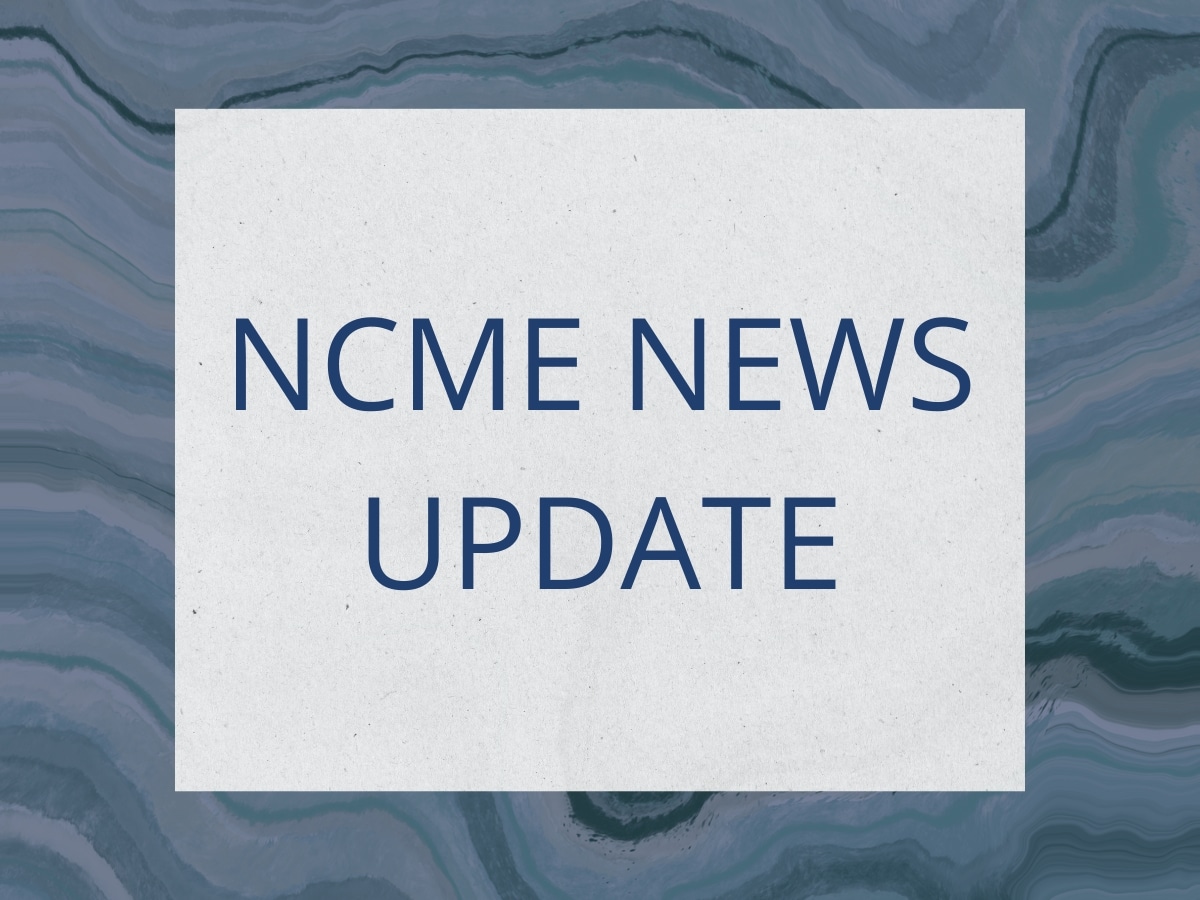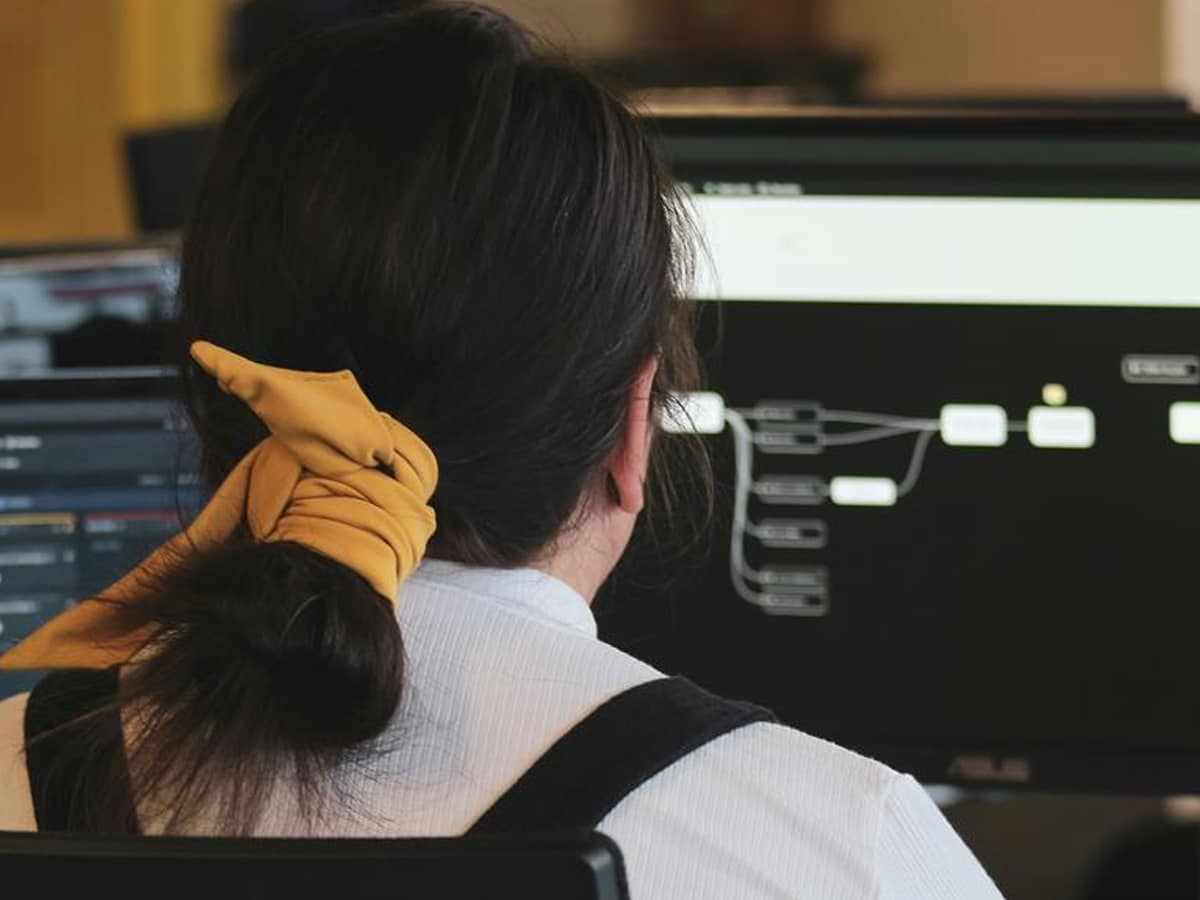-
In Memoriam: Jim Popham
Teaching was at the heart of everything W. James (Jim) Popham did. Whether in the classroom, leading a conference session, authoring an article, or even chatting in the car, he was always a teacher first. His journey began in a small high school in eastern Oregon, where he taught English and social studies, advised the…
-
NCME Book Series Editor Announced
The NCME Publications Committee is excited to announce that Dr. Mary Pitoniak has been selected as the editor of the NCME Applications of Educational Measurement and Assessment Book Series through April 2030. Pitoniak worked at ETS for over 20 years, most recently as the Executive Director for Strategic Measurement. She currently serves as the President…
-
Fifth Edition of Educational Measurement Published
NCME is excited to announce that the fifth edition of Educational Measurement was published in December 2025. This edition is characterized by several firsts: (1) it is sponsored solely by NCME, (2) it has women as its editors—Linda Cook and Mary Pitoniak, and (3) in addition to a print version, it is available via open access. We wish…
-
News@NCME 2026 Release Schedule
As we look ahead to a productive year, NCME would like to share the planned release schedule for News@NCME in 2026. The News@NCME newsletter is scheduled for release on the first Thursday of each month, provided that date is on or after the 4th of the month. If the first Thursday falls before the 4th,…
-
New Journal Available to NCME Members
NCME is pleased to announce that NCME members may now access the journal Educational Assessment for free through the NCME website, marking the formalization of an agreement between NCME and Taylor & Francis to promote high quality research on classroom assessment. The NCME Classroom Assessment Committee (CAC) has worked for over two years to arrange an outlet…
-
Announcing NCME’s Next Executive Director: Dr. Susan Lyons
The Board of Directors is pleased to announce the appointment of Dr. Susan Lyons as the next Executive Director of NCME, effective January 1, 2026. Dr. Lyons will bring to NCME her deep expertise in educational measurement, organizational leadership, and principled assessment practice. Dr. Lyons is the Principal Consultant at Lyons Assessment Consulting, where she…
-
NCME Launches Endowment to Secure the Future of Measurement
By Andrew Ho, Past President As I reflected this Thanksgiving, I remembered the strength and commitment of NCME members earlier this year. We rallied to support our fellow members and took concrete action to protect measurement data. Inspired by this generosity, and by our shared interest in securing measurement integrity in perpetuity, the NCME Board voted last month…
-
Call for Nominations: Editor of the NCME Book Series
NCME seeks nominees for the role of Editor, NCME Applications of Educational Measurement and Assessment Book Series, who will work with an Editorial Board, and will lead this initiative from April 2026 through April 2030 (four-year term). The Publications Committee recommends that candidates have a generalist background in measurement and experience in publishing as an…
-
New Website, More Coming Soon
NCME is excited to launch its new website, communities portal, and member portal on November 18. Over the past several months, NCME has worked diligently to improve our ability to serve members and your web-based experience. Here are important dates to know about the upcoming process: November 13November 13 is the final day you can…
-
NCME Honors State Technical Advisory Committee (State TAC) Service
The National Council on Measurement in Education (NCME) honors the service of 2025 members of Technical Advisory Committees that support state testing programs nationwide. These State TACs are critical partners in helping state education agencies meet federal requirements for high-quality assessments under the U.S. Department of Education’s Assessment Peer Review Process. State TAC members are independent experts in…
-
Call for Papers for a New Special Issue of EAJ
To date, there has been less attention given to methodological and measurement issues associated with the use of classroom observations to improve teaching via formative feedback to teachers. In order to advance research that is responsive to and can inform practice, the Journal of Educational Assessment is seeking papers that examine conceptual, methodological, and practical…
-
NCME Responds to IES Modernization RFI
The National Council on Measurement in Education (NCME) has submitted a formal public comment to the U.S. Department of Education’s Institute of Education Sciences (IES) in response to their Request for Information (ED-2025-IES-0844), focused on the modernization of IES and its centers. As the leading professional organization dedicated to advancing educational measurement, NCME welcomed the opportunity to…
-
NCME Conference Travel Scholarship from CMJ
We are pleased to announce that scholarships to attend the 2026 NCME Annual Meeting will be made available to doctoral students who come from an educational, cultural, or geographic background that is underrepresented in the field of educational measurement and assessment. TRAVEL SCHOLARSHIP ELIGIBILITY CMJ seeks graduate students in educational measurement and assessment, psychometrics, or…
-
In Memoriam: Neil J. Dorans
The NCME and measurement community joins colleagues across the world in mourning the passing of Neil J. Dorans, a Distinguished Presidential Appointee and long-time research scientist at ETS. Over a career spanning decades, Neil combined exceptional technical rigor with a steadfast commitment to fairness in testing, leaving an enduring imprint on the theory and practice…
-
Announcing NCME’s 2026 Special Conference on Classroom Assessment
We are pleased to announce that the 6th NCME Special Conference on Classroom Assessment will take place November 12–14, 2026, at the Radisson Blu, located in the Mall of America in Bloomington, Minnesota. This year’s conference promises to be a dynamic and engaging event focused on advancing effective classroom assessment practices across educational contexts. The 2026 conference…












